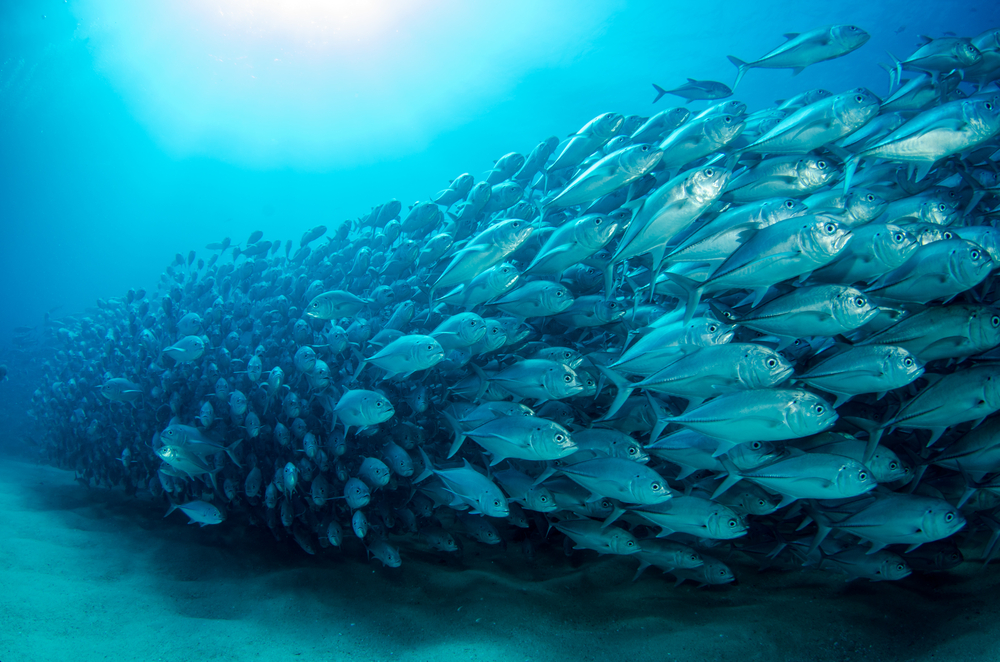Fisheries Expert Says World Stocks Stable
When marine ecologist Boris Worm proclaimed in 2006 that the “global collapse” of fish stocks would occur by the year 2048, media outlets took the bait, splashing hyperbolic headlines on the proclamation and drowning real facts in distortion.
Subsequent research in 2009 proved Worm’s flawed prediction to be wrong. Still, in 2017 scientists and seafood experts alike are speaking out against the 2048 fish falsity. Seafood does face challenges, but wholesale extinction is not one of them.
In fact, world fish stocks are stable. Speaking at the SeaWeb Seafood Summit in Seattle, University of Washington fisheries researcher Ray Hilborn said on average, fish stocks are likely increasing.
Global Fish Stocks Better Off Than You Might Think
“There is a very broad perception that fish stocks around the world are declining. Many news coverages in the media will always begin with ‘fish stocks in the world are declining.’ And this simply isn’t true,” Hilborn said, pointing to the RAM Legacy Database, which collects information on all the scientifically assessed world stocks.
Facing The Fish Facts
Fish stocks can be “robust,” Hilborn explained, even if they are labeled overfished. A stock that is overfished is not necessarily going extinct. “It simply means you’re getting less yield from that stock than you could get if was well-managed,” he added. Meaning, with a robust management plan, a fishery certainly has the potential to bounce back.
A Promising Fish Forecast
Hilborn’s message of promise for the future of seafood is important and invigorating for fish harvesters, suppliers, importers, distributors, wholesalers, and consumers alike. Stable stocks mean a happy medium of fish in the seas, as well as in our plates.
Dr. Hilborn is part of The CFOOD network which has been building and maintaining a range of data bases on the status of fish stocks. The CFOOD network of scientists analyze databases, and comment on new studies, papers, and reports about fisheries sustainability on their website.



